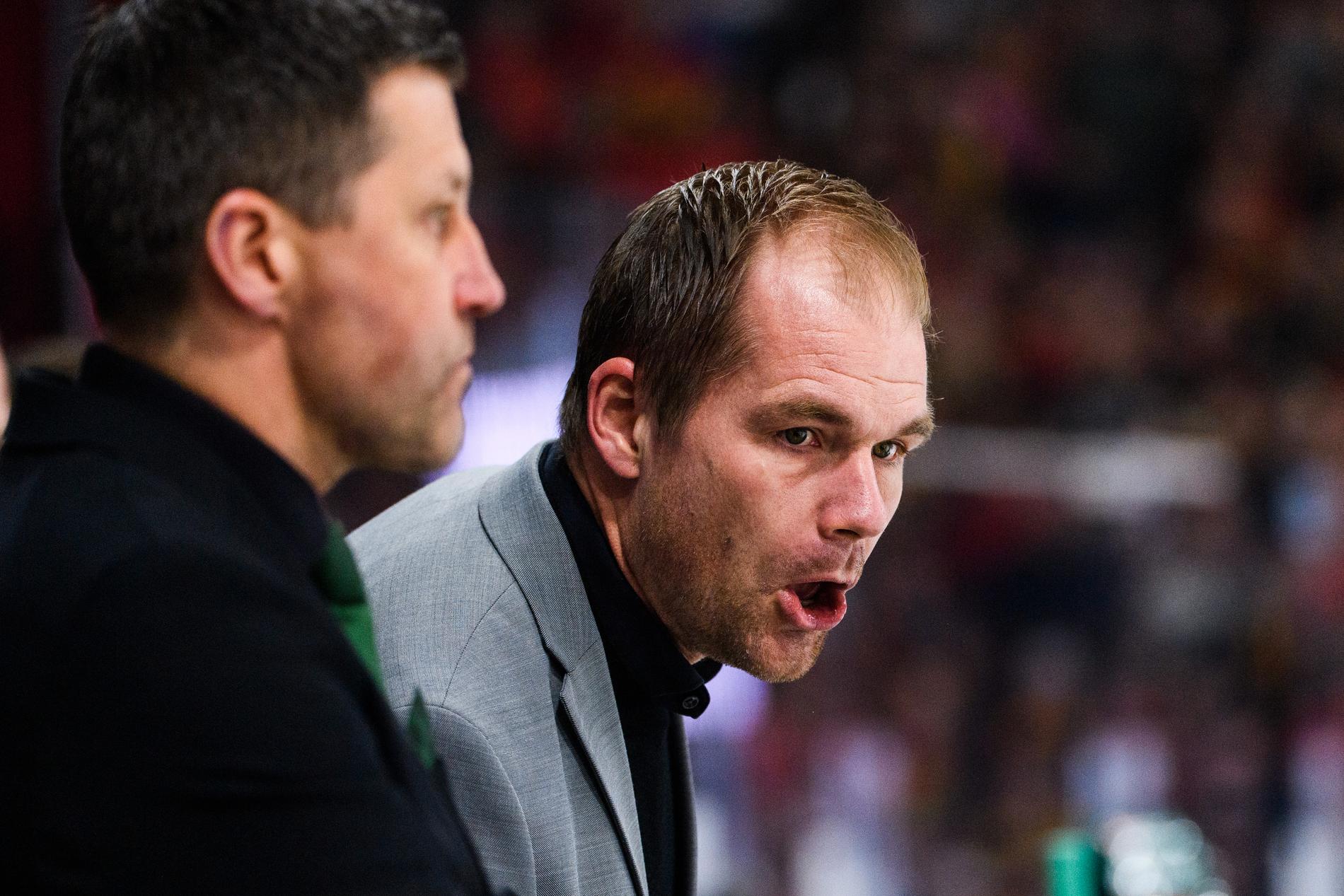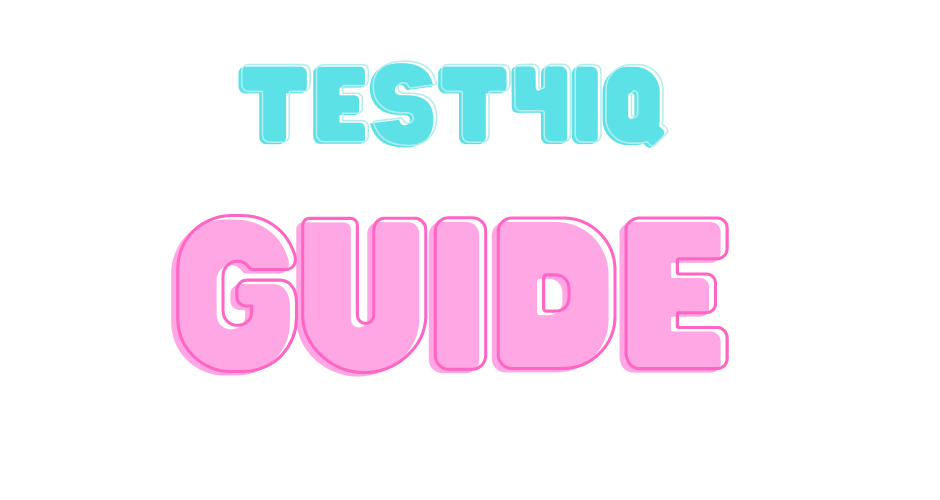Thomas Mittel thinks it’s been portrayed and exaggerated a lot.
The Färjestad coach also has several concrete suggestions on how the SHL can put an end to this:
You should lose an advantage during a match because your teammates, fans, and coaches will get annoyed with those shooting and promoting, says Mittel.
Introducing SHL was very much about shooting and reinforcements.
During Friday, three SHL players, Lulia’s Brendan Chinimin, Rogley’s Kaley Klang and Linkoping’s Jesper Peterson, were reported for filming.
All three were convicted and fined SEK 5,000 by the Disciplinary Committee.
Gold coach Thomas Mittel has nothing against fines and suspensions, but he highlights another, much more important aspect:
– I want to see that you get an advantage during the match, not that the fines go to the Swedish Ice Hockey Federation or wherever they go. I understand it’s hard to see exactly what’s going on on the ice, but I don’t see a difference between a dive miscalculation and other throws, eg a questionable hook. Better to judge more on the ice.

Do you talk to your players about how you want them to behave in these kinds of situations?
We generally talk about playing with integrity and fairness, but I don’t think it’s possible to blame the clubs. It’s very difficult when players have 180 beats. They are elite people and it’s the same with graphics, interference and everything that can be. You are not allowed to interfere after drawing, but we do it all the time.
As long as there is an advantage, people will use it. So with all the other rules as well, if we don’t explode for pinning and catching, the players will start more as well.
Thomas Mittel is the only SHL coach with experience standing in an NHL booth. For just over two seasons, he was an assistant coach for the Chicago Blackhawks.
We will likely see fines and suspensions
He feels there are reinforcements in the NHL as well, but notices a huge difference in how referees handle this:
– If they suspected that someone had stumbled easily, I felt that there was no expulsion at all, for example, the suspension too. Something that means if you lie down you often lose the puck and then it just doesn’t work out very well. Then the coach says you have to get stronger in close matches, you can’t lose the disc all the time. When the judges sound the kick-off, it generates behavior, so you get something for it.
How do you see the punishment getting stricter in the past?
The suspension is good, but again: the team that did nothing should gain an advantage on the ice. Give a draw to a dive or drop the probability of an expulsion where someone falls easily. If you dive in and are judged wrongly, they can review it afterwards and not issue any fines. If it later appears that he is also scuba diving, then pay a fine of 5,000 SEK. If it happens again, it could be a one-game suspension and then a maximum of two games, says Mittel and continues:
– But the most important thing is to lose an advantage during the match, because colleagues, fans and coaches will be insulted and sorry for those who do it. When they are only individually fined, it is different. To me, there is no difference between a false suspension, a cross-check or a dive. It happens all the time and it is.
